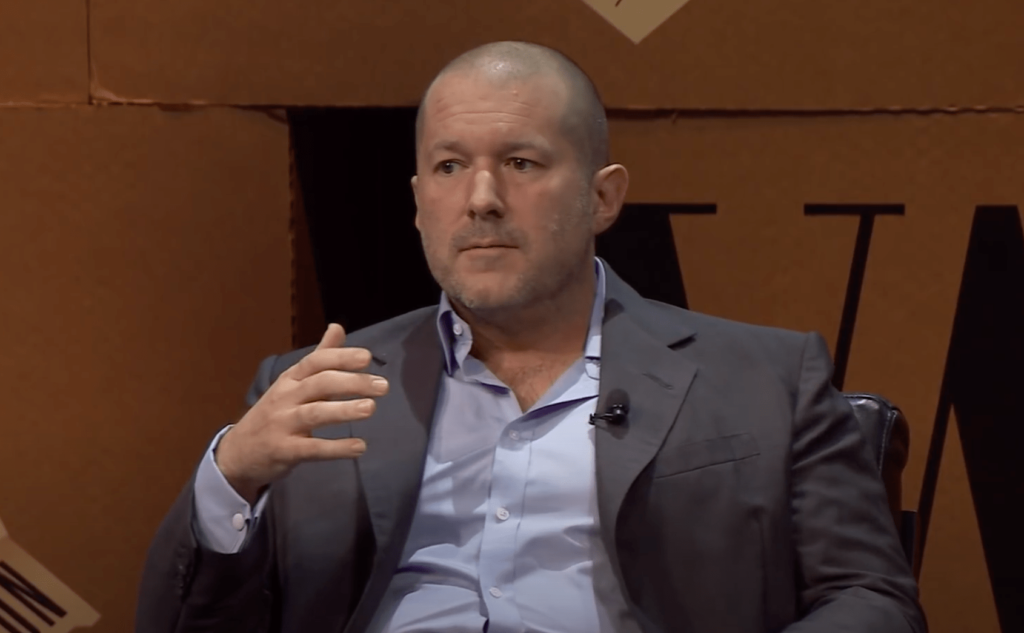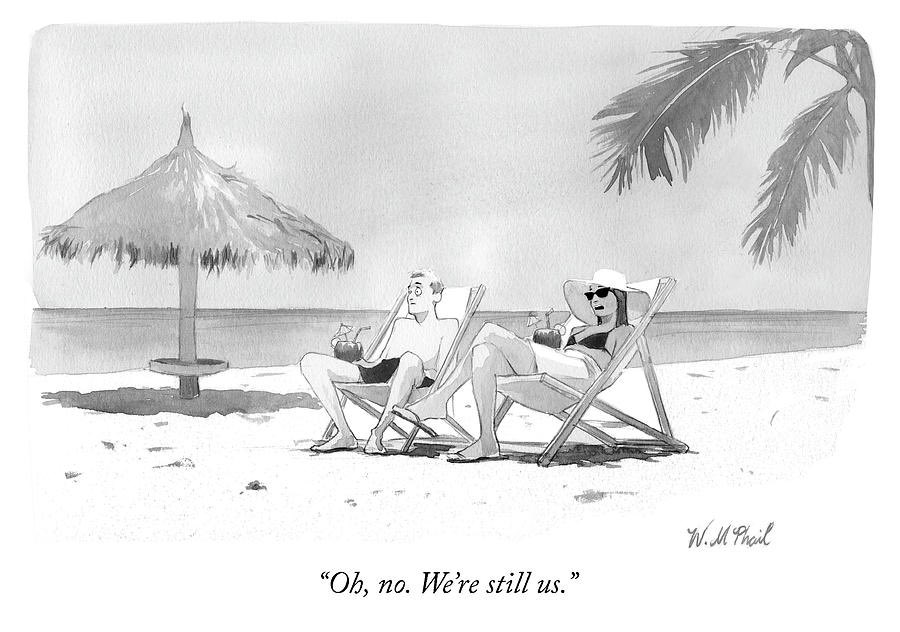I’ve always been fascinated by the idea of a yearly review. Basically setting aside time and mental space to reflect on the past year and allow that to inform how you think about the coming year. I’m especially fascinated by the patterns that would emerge, and what you could learn, if you answered the same questions each year.
Every year I consider doing one. I want to do one. But I’ve never set aside the time. This year I’m trying to work my way through a slight variation of Stephan Ango’s 40 Questions over the course of this month. For some reason answering a daily prompt or two feels easier to swallow than finding a half-day to work my way through them.
A few bonus mentions:
- Tim Ferriss’ Past Year Review
- Austin Kleon’s One Question
- The Focus Course’s Plan Your Year (paid, but I’ve heard good things)


